The Future of Travel, Post-Pandemic (What’s It All For?)
What is a travel blog for? Or for that matter, what is travel for?
We’ve been in a golden age of tourism in the past decade or so. For a lot of lucky people around the world, travel has been cheap, easy, carefree and accessible. There have been few roadblocks and lots of incentives. From social media cred, to travel credit cards and airline loyalty points, it seems the world has been conspiring to tell everyone they should be traveling far and frequently, even if that’s not their natural passion.
It’s okay to have other interests. There’s nothing wrong with you if you don’t really want to go abroad.
For me, however, travel is without a doubt my most natural passion.
Many of the childhood experiences I remember most vividly are travel experiences. I loved the sound of the Jake brakes in the truck stop parking lots, where we spent the nights while traveling across the country in my parents’ converted buses. I was magnetically drawn to travel from a young age. Even now, I can remember what was going through my head as a four-year-old, spinning the globe and announcing to my mom with total enthusiasm that I was going to Mozambique, or wherever my finger stopped. It was pure joy.
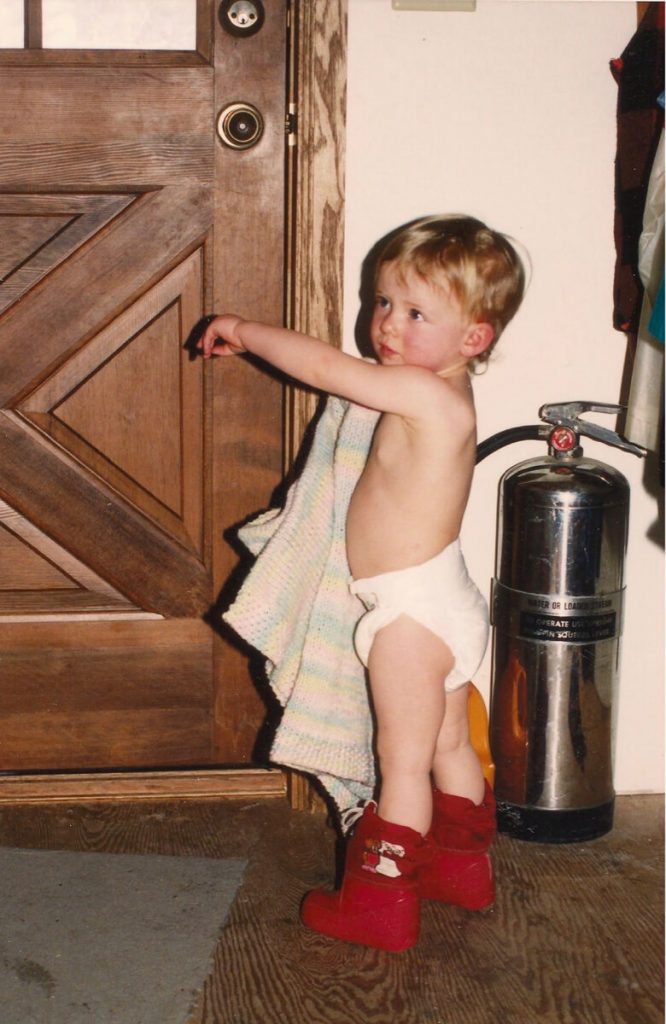
I didn’t need modern incentives to get into travel. Still, being born in this golden age made it a lot easier when I grew up and started traveling on my own.
But golden ages always come to an end, and they always leave the world changed.
Now, in 2020, people who could travel freely and easily just a few weeks ago suddenly can’t. Entire countries that depended on tourism for their people to earn a living suddenly don’t know how they’ll survive without it. Cities are questioning whether it makes sense for masses of people to come and go as they please, with no procedure to check what germs they may be carrying.
(Fun fact: Did you know the word quarantine comes from the Italian word for forty – quaranta. When ships arrived at the medieval trade hub of Venice, they had to spend 40 days anchored outside the city to make sure the sailors weren’t carrying any diseases. Anyone still alive after 40 days was deemed healthy enough come ashore.)
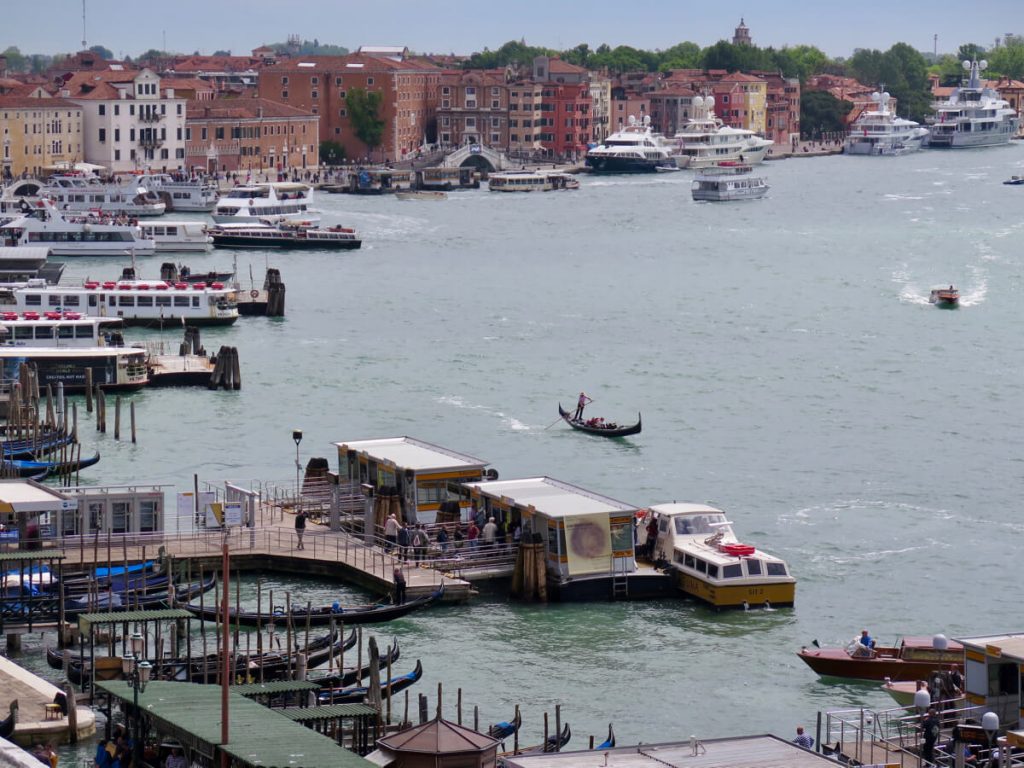
These questions – about diseases, relatively open borders, and the economics of tourism – will be major issues for the future of travel. But the one travel issue that’s most interesting to me is not destroying the planet.
Now that travel has nearly stopped, and yet some version of life carries on, people are also wondering whether the benefits of so much thoughtless travel outweigh the environmental impacts. Yes, we know travel contributes to climate change and other kinds of pollution, but we can control how much it contributes. That’s one of the ideas I’m most passionate about – finding ways to travel that have less environmental impact.
That’s also one of the answers to my first question: What is a travel blog for?
For me, one thing this blog is for is finding ways to travel that keep the negative impacts to a minimum. That includes finding responsible companies that are willing to make the effort to pollute less, even when it raises their costs and lowers their profits.
I’ll shout from the rooftops about these companies when I find them, because (even though it’s easy to be jaded about this) not all businesses are the same.
(Like UnCruise, an adventure travel company I was scheduled to travel with in Mexico next week. Their CEO, Dan Blanchard, told me they use farm-to-table food suppliers even though it costs, “a hell of a lot more.” I can’t wait to reschedule the trip as soon as this pandemic passes, because I want to see what that kind of dedication looks like in action.)
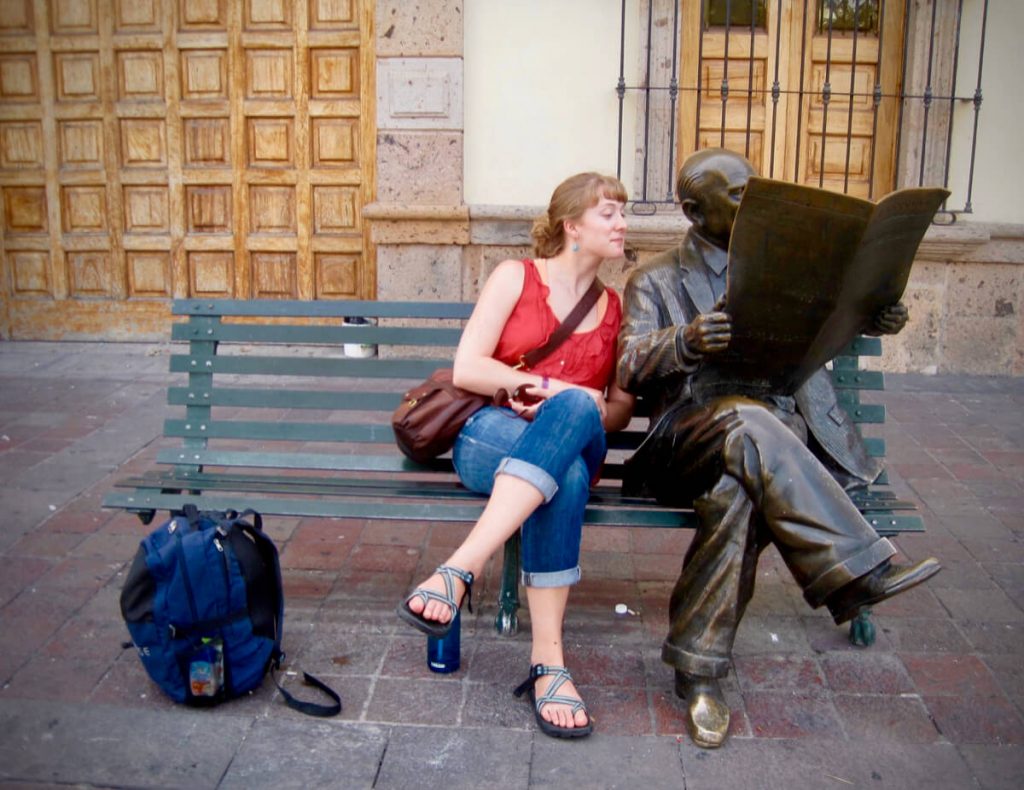
Another thing this travel blog is for is being a resource for people who don’t want to or can’t travel, but are curious about the world.
Sure, I write tips about trains, and share my favorite hotels and restaurants. That’s useful to a lot of readers.
But a lot of what I write about is the experience: The differences between my own culture and others – after I’ve spent weeks, months, or years in a foreign country. The way people abroad see the US. And what I’ve learned from the way other people live that I find useful in my own life, wherever I happen to be living it.
I’m an avid reader because I can’t experience everything myself. There just isn’t time, and I love to live vicariously through books (see below for some of my favorites to get you through).
So please, I invite you to live vicariously through me and other writers. You don’t have to leave home to have foreign experiences.
That brings me to the second question: What is travel for?
I think we’ve all been reminded lately how unique an opportunity it is to be able to travel. (I know I have.) Being stuck in isolation is making travel special again.
Maybe this pandemic will be a reminder that travel can be deeply meaningful in our lives – but only if we learn from exotic experiences, not just snap photos of ourselves in front of exotic backdrops.
It’s also a vivid reminder that yes, we can cut down on the kinds of travel that only make us busier, but don’t enrich our lives. (When this pandemic was just getting to the US, I wrote about how coronavirus is teaching us that we can change.)
The future of travel is treating it like it matters.
Travel isn’t for every day. Not every workday needs to be spent in the office. Not every meeting requires a business trip. And not every vacation needs to happen on the other side of the world.
The most important thing about a life of travel isn’t getting on a plane at every opportunity, but learning how to see the world through the wide-open, observant eyes of a traveler.
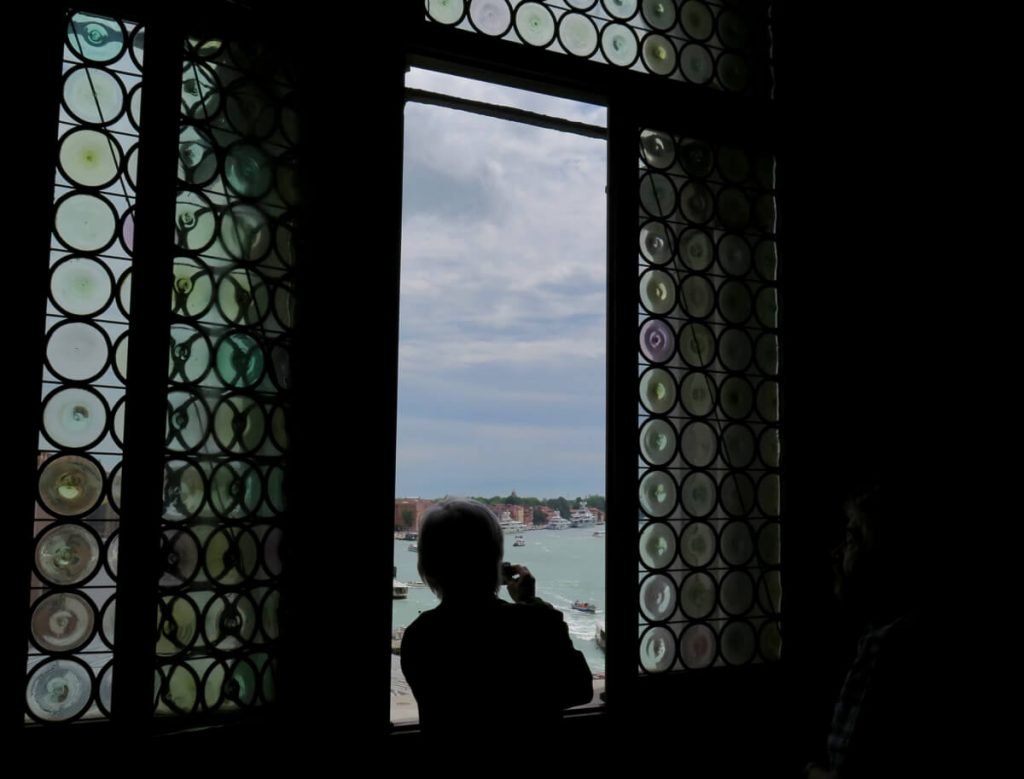
A Few of My Favorite Books for Traveling Vicariously While Stuck at Home:
Update: More wonderful non-fiction books kept coming to mind that belonged on this list! So I expanded the list in a separate post, along with some nice photos of Guatemala and Thailand.
(The first links are for Amazon; the second ones are for IndieBound. Both are affiliate links, which means if you buy anything through them, I’ll make a commission – at no additional cost to you. This helps me earn a living and pay for the expenses of running this site, so thank you in advance for your support! And here’s my detailed privacy policy, if you want to read the most boring thing I’ve ever written.)
- The Caliph’s House: A Year in Casablanca, by Tahir Shah. Okay, this is hilarious and heartfelt and just so enjoyable, and it perfectly captures the experience of being an expat and trying to figure out how a new place works. (And I’ve been in that situation in a lot of places.) I heard Shah speak at the very end of a very long conference. As he was being introduced, I was nearly falling asleep in my chair. But as soon as he started speaking I found myself leaning forward, hanging on every word he said with a grin on my face. Obviously, I bought his book, and reading it feels the same way. (On IndieBound here.)
- The Lost City of the Monkey God, by Douglas Preston. Honduran drug dealers, scary snakes and pre-Columbian mythology, plus a suddenly relevant ending about the history of pandemics. This book is 50% adventure, 50% fascinating non-fiction that makes you learn things.(On IndieBound here.)
- Cooked, by Michael Pollan. I just can’t make a list of book recommendations without including at least one by Michael Pollan. This is a global tour of the history of food that explains why we eat what we eat, and makes your mouth water for foods you’re reading about for the first time. (On IndieBound here.)
- Gumbo Tales: Finding My Place at the New Orleans Table, by Sara Roahen. An entertaining, inside look at New Orleans’ culture and cuisine – including its Italian, French, African and Native American influences. (On IndieBound here.)
- Abroad, by Paul Fussell. My favorite part is when he talks about Brits messing around writing fake info in their real passports – back when passports were new and considered totally silly. Fussell wrote this in 1980, weaving together dozens of travel books and essays, with a focus on writing from between the two world wars. So you get a double historical perspective: Him looking at travel in the ’20s and ’30s, and us looking at a pre-internet perspective on “how travel has changed.” (On IndieBound here.)
- Heat, by Bill Buford. The story of an American magazine editor who moves to Italy to learn the secrets of Italian food. It’s hilarious and full of Italian culture and history, too! (On IndieBound here.)

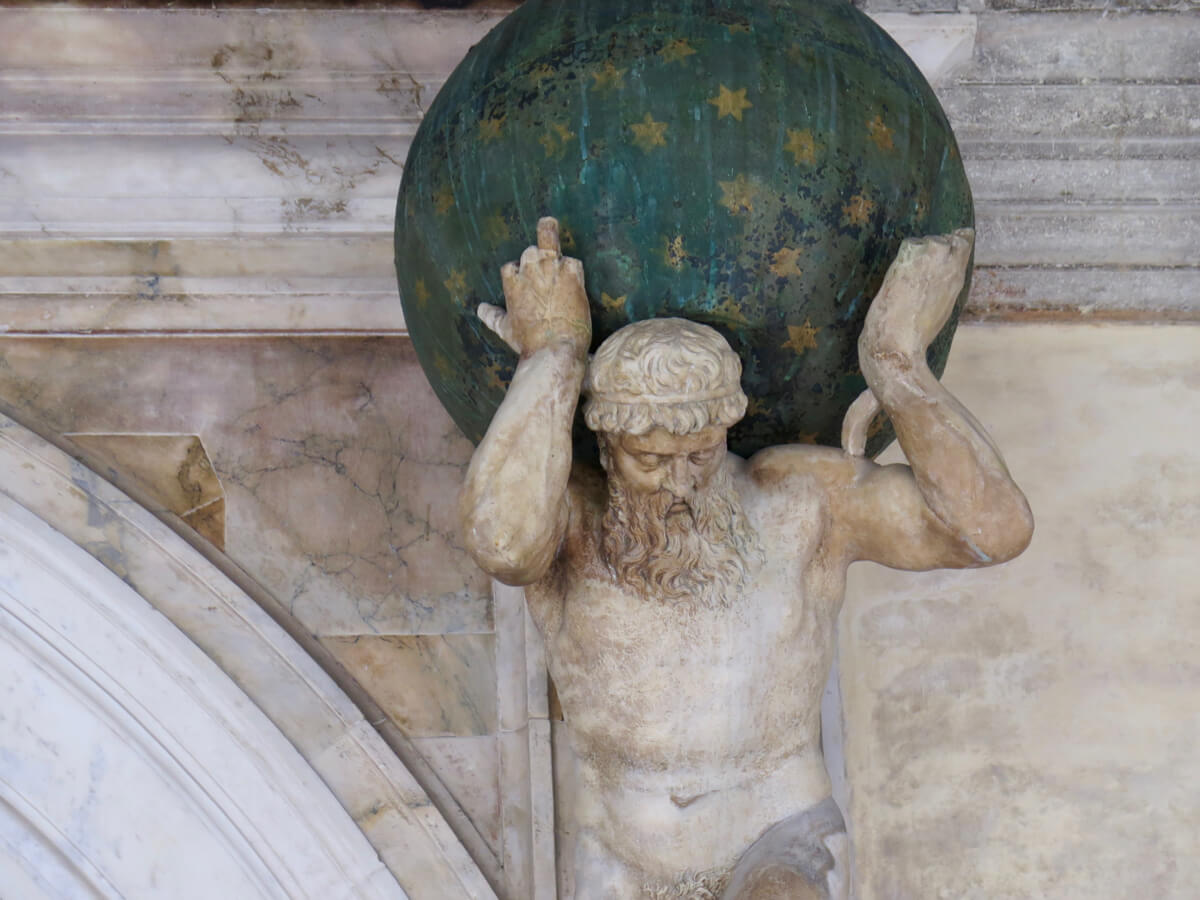
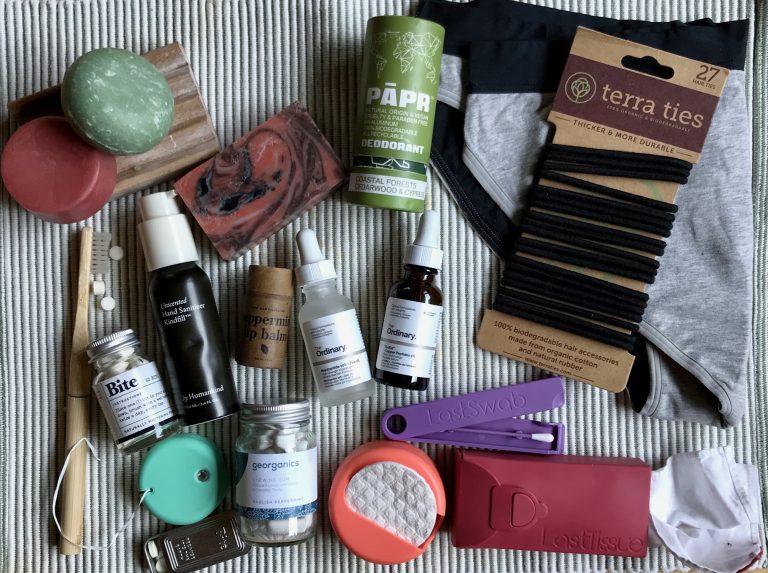
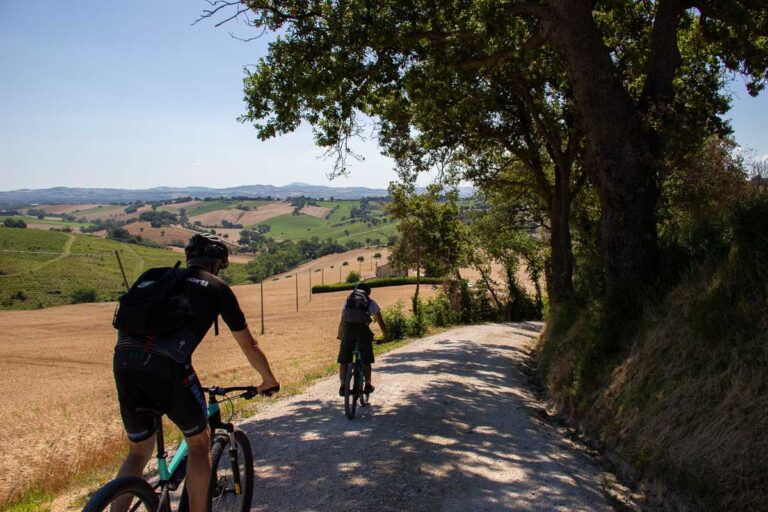
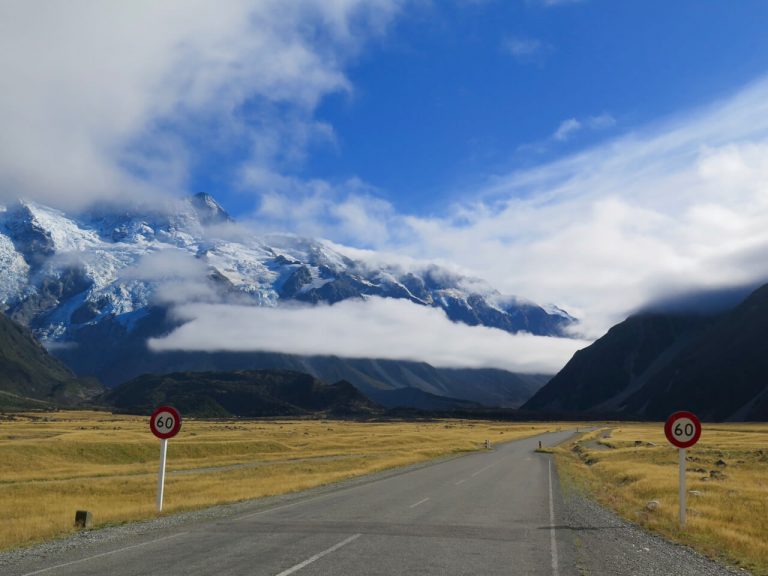
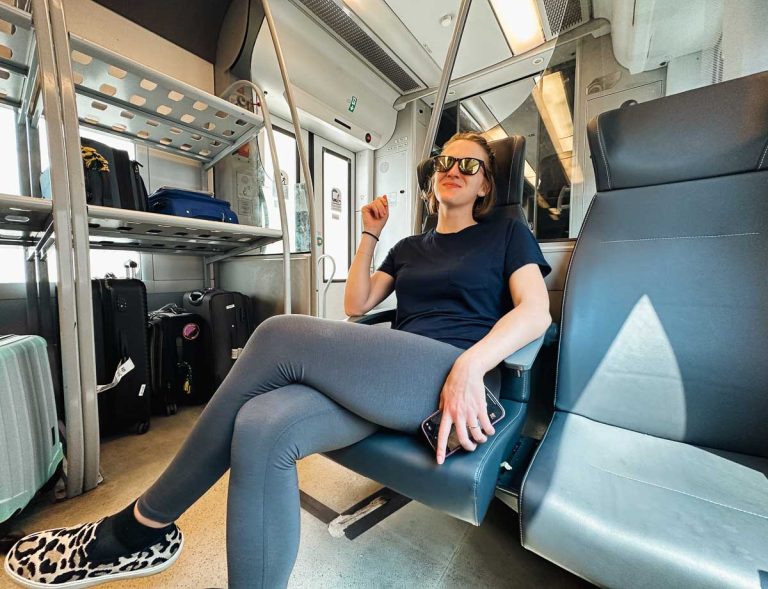

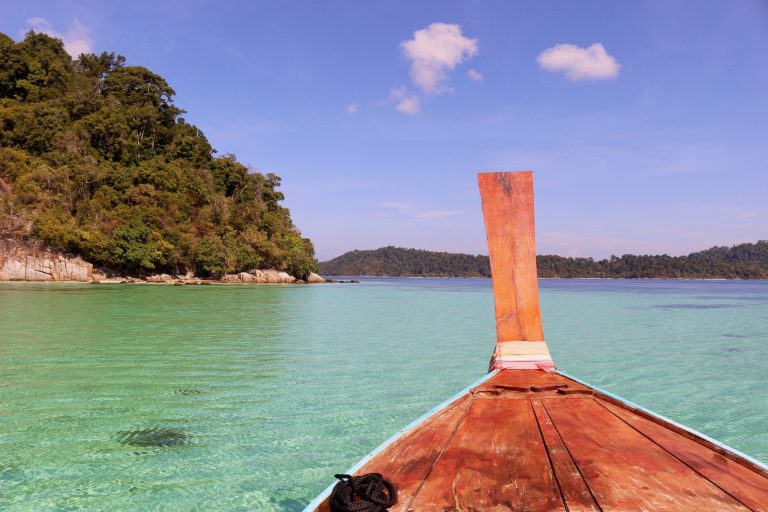
Very poignant, one thing we can all share no matter where we go, when this is over everyone around the world will have come through something together. Let’s hope we get there sooner rather than later!
Thank you, Jackie. It’s true – I don’t know when there have ever been this many people around the world experiencing the same thing together. It’s a unique moment we’re living in.
On another note, I see you’re based in Louisiana! I was supposed to be in NOLA next month for a conference and was so excited to explore your home state. But of course, that too will have to wait.
-Ketti